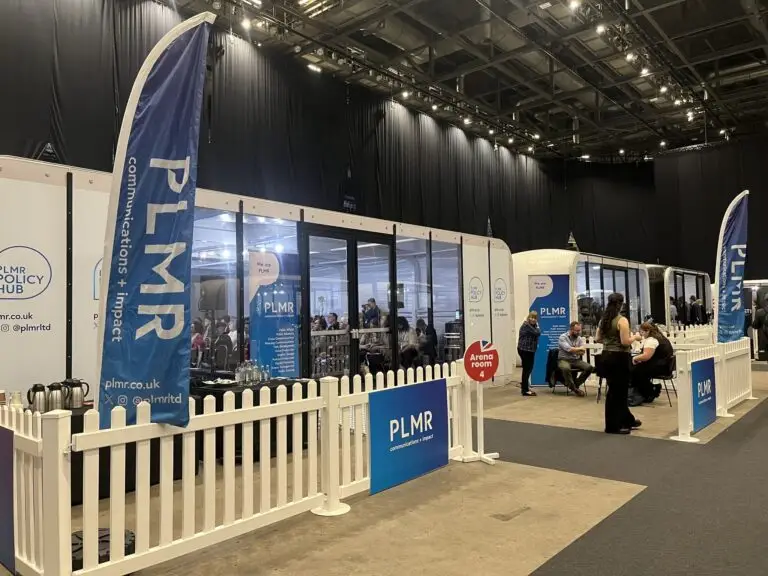The goal of Search Engine Optimisation (SEO) has evolved substantially since the first web search engines emerged in 1993. Back then, the ‘World Wide Web’ had a mere 130 websites, and SEO was a relatively simple concept. Today, with billions of websites vying for attention, SEO is far more complex.
At its core, SEO is still about securing visibility—aiming for those top positions on search engine results pages (SERPs) to attract high-quality traffic to your website. But how we achieve this has transformed dramatically.
SEO Today: A Dynamic, AI-Driven Landscape
In the early days, getting your site to rank highly was simpler—especially for large brands with established reputations. Over time, as the web expanded exponentially, search engine algorithms have become more sophisticated, and SEO has become a specialised field requiring expertise in both technical and creative strategies.
Fast forward to 2024, and SEO has evolved into a multi-disciplinary practice. It now incorporates data science, artificial intelligence (AI), user experience (UX), and an emphasis on delivering content that meets user intent. Google, the dominant player in search, has integrated AI deeply into its ranking algorithms. Through innovations like Google’s BERT and MUM models, search engines have become much better at understanding natural language and user intent—meaning that your content must resonate with real human needs to succeed.
SEO and PR: A Vital Partnership
One of the most common misconceptions is that SEO and PR are two distinct disciplines. In reality, the two are closely linked. Much like PR, SEO is about people—it is about understanding user behaviour and creating content that answers their queries and solves their problems. Successful SEO isn’t just a result of technical optimisations; it’s the product of content deserving attention and engagement—much like any successful PR campaign.
Quality content is the foundation of both SEO and PR. Great PR content gets shared, linked to, and drives brand awareness, which in turn boosts SEO rankings. Meanwhile, SEO strategies ensure that this content is easily discoverable, driving organic traffic. Whether it’s guest posts, news articles, or social media shares, each plays a crucial role in building domain authority and earning backlinks.
What Makes Content “Rank-Worthy” in 2024?
The algorithms that determine search rankings are increasingly driven by AI, making them more adept at understanding and mimicking human preferences. So, how do you optimise for AI driven search and what makes content “worthy” of higher search rankings in this ever-changing landscape?
- Originality Matters More Than Ever: Duplicate or thin content can still lead to penalties, causing your website to plummet in visibility. Creating original, valuable, and unique content is key to standing out in a crowded space.
- Content That Engages and Informs: High-quality content isn’t just well-written—it’s actionable. Whether it’s answering questions, solving problems, or sparking engagement, the content must provide genuine value. Interactive content like quizzes, surveys, and polls can help boost engagement metrics, which search engines increasingly consider.
- User Experience (UX) and Page Performance: In 2024, SEO and user experience are inextricably linked. Google’s Core Web Vitals—metrics measuring page speed, interactivity, and layout stability—are now critical ranking factors. A fast, mobile-friendly site offering a seamless user experience is non-negotiable.
- Voice Search and Conversational Content: With the rise of voice assistants like Google Assistant, Alexa, and Siri, optimising content for voice search is becoming increasingly important. Conversational, natural language content that answers specific questions succinctly is more likely to be featured in voice search results.
- The Role of AI in Content Creation: AI tools like ChatGPT are being used to assist with content creation, research, and optimisation. However, human creativity remains irreplaceable. AI can enhance the efficiency of content production, but it is still the unique, human touch that sets great content apart from the rest.
Integrating SEO, Content, and AI
The future of SEO lies in a deep understanding of your audience combined with the technical capabilities to deliver optimised, valuable content. While keyword research still plays a crucial role, the focus in 2024 is on how these keywords fit naturally within high-quality content that resonates with readers. Moreover, backlinks—links from other websites to yours—are still an essential signal for search engines, but they are earned only when the content is genuinely valuable and worth sharing.
Key Takeaways:
- Stay Updated: SEO is an ever-changing landscape. Algorithms evolve, and so must your strategies.
- AI is Here: AI has a growing impact on SEO. From AI-generated content to AI-driven search algorithms, the way search engines perceive content continues to change.
- SEO + PR = Success: Combining PR and SEO is not optional—it’s a necessity. Engaging, shareable content that earns links and shares can exponentially boost your online presence.
- Quality Content is Non-Negotiable: Ensure your content is original, informative, and provides value to users. Avoid duplicate content at all costs.
- Optimise for Voice Searches and Mobile: With the increasing use of voice search and mobile devices, content must be optimised for both to ensure enhanced search rankings so that your content reaches your target audience.
SEO is so much more than just ticking technical boxes—it is about connecting with people, addressing their needs, and providing them with the best possible experience online. If you need help navigating this ever-evolving landscape, feel free to reach out to our team of SEO and digital experts!





